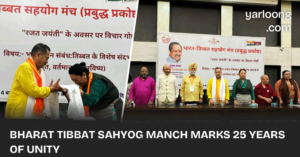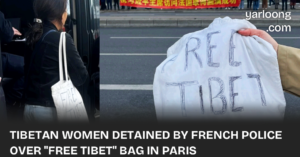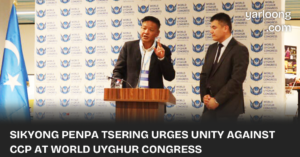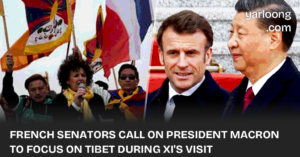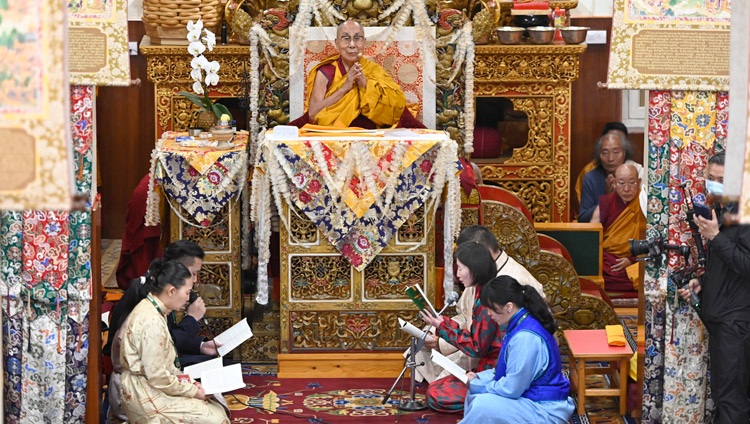
His Holiness the Dalai Lama recently conducted two days of teachings in Dharamshala, specifically for Mongolian devotees, emphasizing the significance of unity and spiritual practice across Tibetan and Mongolian communities. The event, titled “The Hundred Deities of the Joyous Land,” attracted attendees from 72 countries, showcasing His Holiness’s global influence and the widespread interest in Tibetan Buddhism.
On the first day, under overcast skies at Tsuglagkhang courtyard, His Holiness entered with his usual radiant smile, greeted by Mongolian representatives who offered traditional cheese and curd, symbolizing their respect and cultural ties. His Holiness’ teaching began with recitations of the Heart Sutra in Mongolian, followed by spiritual offerings, highlighting the deep-rooted spiritual connections between Tibet and Mongolia.
His Holiness discussed the historical and spiritual links, tracing back to the Nalanda Tradition and the significant figures of Tibetan Buddhism, including Jé Tsongkhapa. He shared insights into his personal connections to these teachings and his role in preserving this tradition. Emphasizing the importance of integrating Buddha’s teachings through practice, His Holiness touched upon the relevance of Tibetan Buddhism’s understanding of mind and emotions in addressing global issues.
ALSO READ: His Holiness the Dalai Lama Shares Insights on Love and Compassion with Harvard Scholars
On the second day, the focus shifted to the application of these teachings. His Holiness elaborated on the cultivation of bodhichitta (the mind of enlightenment) and the understanding of emptiness, which are central to Tibetan Buddhism and critical for achieving peace of mind and societal harmony. He expressed his commitment to the welfare of humanity, advocating for the application of these teachings beyond the Tibetan and Mongolian communities to benefit all of humanity.
The teachings not only reinforced the cultural and spiritual bonds between the Tibetans and Mongolians but also highlighted the broader applicability of Buddhist principles in fostering global peace and understanding. His Holiness concluded by urging the attendees to practice the teachings diligently, emphasizing the transformative power of cherishing others over oneself.
These sessions were not just religious teachings but also a call for unity and collective effort in preserving Tibetan culture and spiritual heritage, especially significant as Tibetans and Mongolians navigate their identities in exile.


